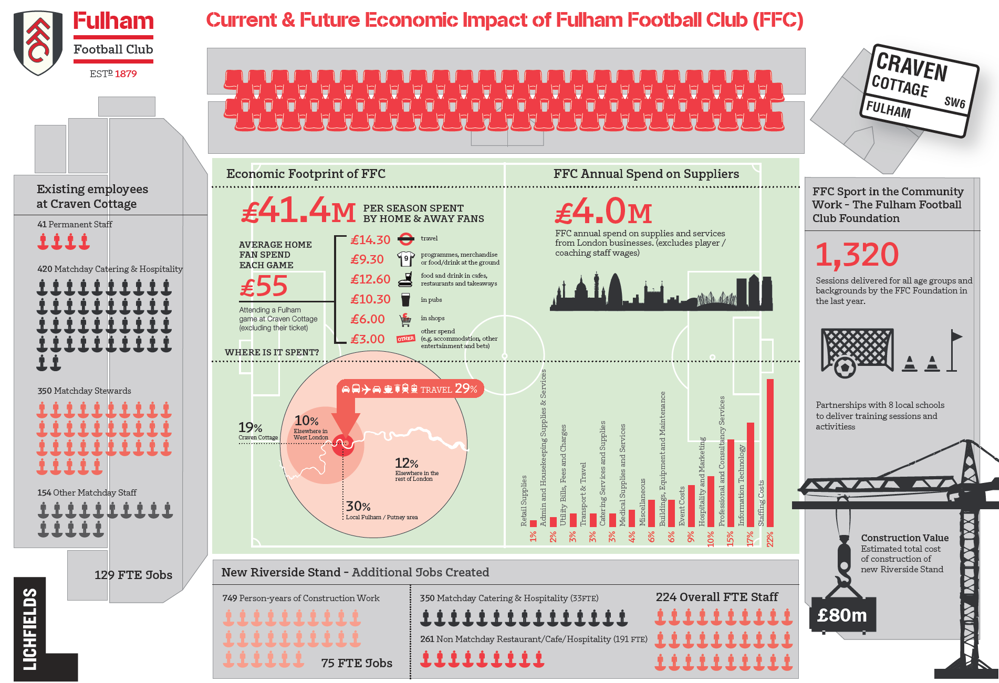After much anticipation, the Government has introduced a Business and Planning Bill. MPs are considered all stages of the Business and Planning Bill today (29 June), with the only amended clauses relating to pavement licences. The Bill’s Second Reading in the House of Lords is currently planned for 6 July. Its provisions are intended to introduce a number measures to support businesses and developers in England with their response to the pandemic, including:
- a streamlined pavement licensing system to install items such as tables and chairs outside of cafes, bars and restaurants;
- a new route for developers seeking a temporary extension of construction site working hours;
- the removal of the restriction for appeals to be determined by either written representations, hearings, or public inquiries, thereby allowing mixed procedures as may be appropriate for the appeal; and
- revival of certain planning permissions and listed building consents that have expired during lockdown and routes for the extension of time limits for implementing planning permissions and listed building consents that expired or are set to expire between the beginning of the lockdown period and the end of this year - only expired permissions would follow an approval process.
This blog will focus on the latter of these provisions, which would insert amendments into the Town and Country Planning Act 1990 and the Planning (Listed Buildings and Conservation Areas) Act 1990.
Background
Since the start of the pandemic, there has been pressure upon the Government to make changes to legislation to allow the life of a planning permission due to expire during the COVID-19 lockdown to be extended.
A Press Release from the Housing Secretary (SoS) Robert Jenrick published last week highlighted the pressing need for the Government’s proposed changes (with the usual focus on housing):
“The government estimates that by the end of this month alone, more than 400 residential permissions providing more than 24,000 new homes would have expired. The new measures will help these developments and more resume as the economy recovers”.[i]
The draft measures will be welcomed by many in the development sector, and follow requests for flexibility by a number of industry bodies. It is widely recognised that a lapsed permission can result in significant costs to applicants, both through lost land values and the costs and risks associated with seeking a new permission.
The usual mechanism to ‘amend’ planning permissions under Section 73 of the Town and Country Planning 1990 Act does not extend to varying any conditions relating to the time limits of the permission. This is possible in Wales, but the attraction of bringing in this measure to address current exceptional circumstances is limited, because it requires an assessment process. Similarly, the application procedure introduced in 2010 to enable renewal of extant planning permissions granted on or before 1 October 2009 required assessment. Associated guidance encouraged applicants to provide supporting information setting out reasons for the extension, or addressing any changes in policy or other material considerations which may have occurred since the previous grant of permission. It was open to LPAs to seek further information if they considered that changes in the surrounding area, since the original grant of permission had affected design or access considerations that are relevant to the proposed scheme.
As explained below, under current Government proposals a straightforward application procedure would apply only to revive certain recently expired permissions.
Extending and reviving planning permissions
Clause 17 of the Bill proposes two routes for an extension of a full planning permission, depending on the date on which it expired/is due to expire:
-
Extending: Automatic extension under proposed Section 93A
For permissions that state development must be begun between the day on which the provision comes into force and ending with 31 December 2020, there will be an automatic extension to the permission, so requiring development to be begun not later than 1 April 2021.
-
Reviving: Additional environmental approval under proposed Section 93B
For permissions that state that development should have been begun between 23 March 2020 and ending with the day before this provision of the Act comes into force, it will be necessary to seek ‘an additional environmental approval’ from the local planning authority (LPA). This is essentially to confirm that the development is i) not EIA development or if it is, the EIA that was carried out continues to address the significant environmental effects that are likely to arise, or ii) an appropriate assessment would not be required for the development or if it would, it has already been carried out and remains up to date. It is proposed that the application can only be made by (or on behalf of) a person with an interest in the land. The Bill suggests that the format of the application is to be determined by the LPA, rather than on a form provided by the SoS; there is no suggestion that there will be an application fee. The applications is to be determined with regard to any guidance issued by the SoS. The LPA will need to give notice to either grant without conditions or refuse the application within 28 days, starting with the day after the application is sent, or otherwise the additional environmental approval will be deemed to be granted. The time period for determination may be extended, but only by a maximum of 21 days. No approvals will be granted or deemed to be granted after 31 December 2020, unless granted on appeal, albeit that the SoS can extend the time period.
Outline planning permissions
Clause 18 of the Bill proposes similar time extensions with respect to outline planning permissions:
-
Extending and reviving: time limits for approval of a reserved matter under Section 93D
For outline planning permission that has a condition requiring the submission of an application for approval of a reserved matter to be made between 23 March 2020 and 31 December 2020, the application for the approval will need to be made no later than 1 April 2021.
-
Extending: Automatic extension under proposed section 93E
Outline permissions requiring development to be begun between the day on the Act comes into force and ending on 31 December 2020 will benefit from an automatic extension of time will mean that the development must be begun not later than 1 April 2021.
- Reviving: Additional environmental approval under proposed under Section 93F
In order to be revived, outline permissions requiring development to be begun between 23 March and the day before Clause 18 comes into force will be required to seek an additional environmental approval with similar provisions to those for planning permission (above).
-
Extending and reviving listed building consent
For listed building consent which requires that works must be begun between 23 March and 31 December 2020, Clause 19 of the Bill proposes to insert new section 18A into the Planning (Listed Buildings and Conservation Areas) Act 1990, to allow works to be begun not later than 1 April 2021.
Where the legislation refers to 31 December 2020 as the end of the time range for implementation of planning permission or listed building consent, and 1 April 2021 as the date by which the legislation extends implementation to, the SoS can alter these dates by regulation in due course, if required.
With the easing of lockdown restrictions, the extensions will create additional time for those in receipt of planning permissions and listed building consents – both extant to the end of the year and expired since lockdown began - to lawfully implement their permissions and consents. Establishing whether or not a development has been implemented is not always straightforward; for some sites there may be discussions regarding whether or not a permission was implemented before the Act gained Royal Assent.
The automatic revival/extension of outline planning permissions that expired only because reserved were not submitted between 23 March and the end of the year, is most welcome – as is the automatic extension of listed building consents.
The additional environmental approval route for reviving certain planning permissions might seem a frustration to some, but the reviving of planning permissions was not widely anticipated; a straightforward sounding approval process may be seen as a small price to pay for reviving a planning permission that may or may not have been implemented in time.
Next steps
MPs are set to consider all stages of the Bill in one sitting today, 29 June 2020. The second reading in the Lords is scheduled for 6 July, but it is possible that this could be brought forward. If all runs smoothly, we should see a pragmatic and helpful new Act of Parliament very soon. The provisions that extend or revive permissions and consents would come into force 28 days afterwards.
[i] MHCLG, New plans to get Britain building in coronavirus recoveryBusiness and Planning Bill 2019-2021






